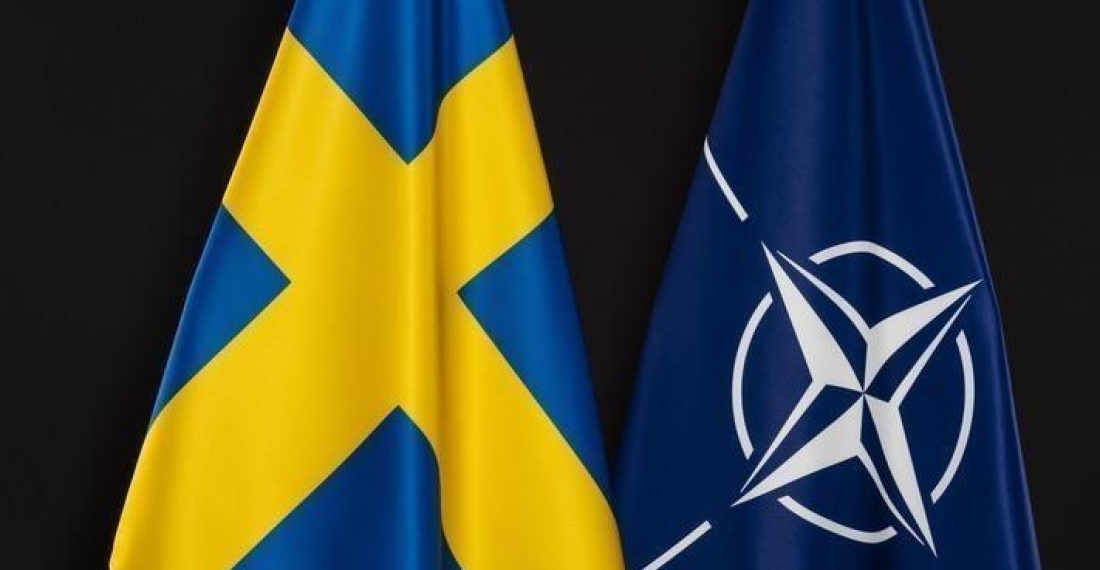The Turkish Grand National Assembly (Parliament), on Tuesday, 23 January, ratified the agreement on Swedish membership of NATO, bringing the Scandinavian country one step closer to fulfilling its historic decision to abandon its decades-long neutrality and join the military alliance in the face of Russian aggression against Ukraine, and the threat that poses to the European security order.
The ratification was adopted by the national assembly in a vote of 287 to 55. President Recep Tayyip Erdoğan is now expected to sign the accession agreement. formalising the process of Turkish ratification. All members of NATO have to approve the addition of new members to the organisation.
The only remaining NATO country to finalise the ratification process is Hungary
“Today we are one step closer to becoming a full member of NATO,” tweeted Swedish Prime Minister Ulf Kristersson.
On Tuesday, Hungarian Prime Minister Viktor Orbán reached out to Kristersson, asking him to come down to Budapest and negotiate about the NATO bid, an idea swiftly rejected by Swedish Foreign Minister Tobias Billström.
source: commonspace.eu with agencies







